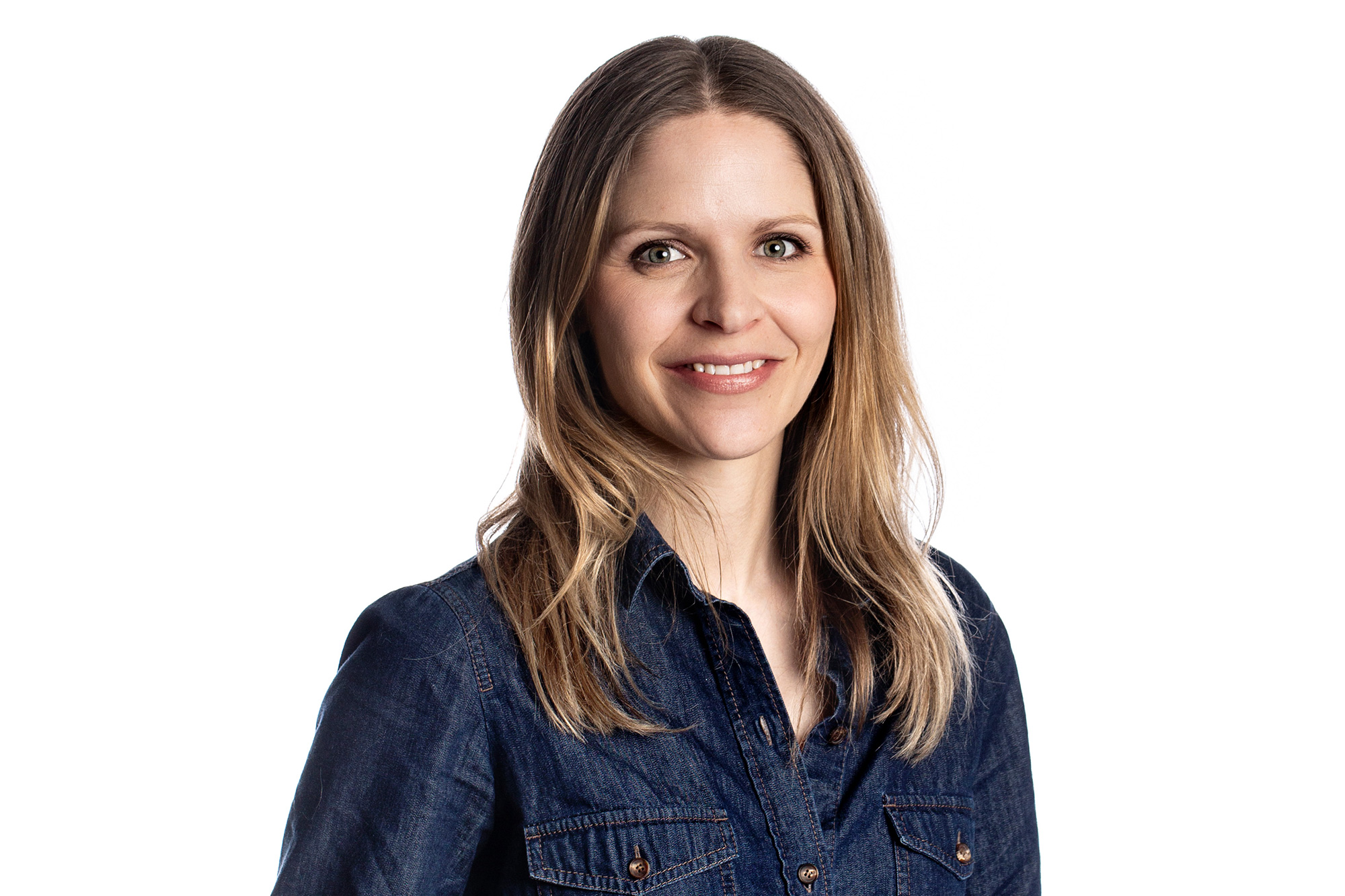
Meghan Riddell is an assistant professor in the departments of obstetrics & gynecology and physiology.
"The placenta is the most important organ that you no longer have!" says Meghan Riddell (BSc '08, PhD '13), an assistant professor in the departments of obstetrics & gynecology and physiology.
"This amazing, but temporary, organ is important for both the growth and well-being of the fetus and also the health of the mother during pregnancy," she says. "But, despite being so essential for a healthy pregnancy, relatively little is known about it."
Following a five-year postdoctoral fellowship at the Max Planck Institute for Heart and Lung Research in Germany, Riddell is one of the newest perinatal researchers recruited to the University of Alberta by the Women and Children's Health Research Institute (WCHRI), with funding from the Stollery Children's Hospital Foundation and supporters of the Lois Hole Hospital for Women.
We sat down with Riddell to chat about her research.
What brought you back to the U of A?
The field of reproductive biology looking at pregnancy is still very small in the world. I did my post-doctoral fellowship at one of the richest scientific organizations in the world, and there was nothing for pregnancy research there.
A research institute like the U of A's WCHRI, that focuses on women's and children's health, is pretty unique and a massive advantage.
Why are you growing a placenta in a dish?
The placenta is a completely inaccessible organ; if things start to go wrong during pregnancy-such as intrauterine growth restriction, where babies are born very small-we can't see what is going on with the placenta until after the baby is born.
Having a placenta in a dish will be the closest approximation of replicating what it's actually like in the body. So we'll be able to move the placentas into different conditions-such as low oxygen or inflammation-to try and model what might be going on.
It's only been in the last two years that researchers discovered how to actually culture the human placental stem cell, called a trophoblast, letting us grow a placenta. So we have never been able to do this before and it is a very exciting time.
Do you have any advice for students who aspire to follow a similar path in research?
I've learned two things throughout my journey.
First, never try to follow someone else's path because it's irreproducible. Second, be brave. You're going to have to do things that you are not really prepared for and be very resilient to be able to make it. Take the risk, move out of your comfort zone and have faith in yourself above all else.
Do you have any heroes or mentors?
I am extraordinarily lucky because I had two world-class mentors during my PhD. My two co-supervisors-Sandy Davidge in the departments of obstetrics & gynecology and physiology and Larry Guilbert in the Department of Medical Microbiology and Immunology-created a little corner of science that was so friendly, supportive and inspiring.
It's a big part of why I continued in science, because I had that sort of environment early on.
Why did you choose pregnancy research?
I just don't understand how anybody can't be interested; it forms the basis of health for everyone! Almost 50 per cent of the population can become pregnant and if you come from a pregnancy that had complications, such as preeclampsia, you're more likely to have all kinds of health risks throughout your life.
It's a very important window where you have two people that are at risk and two people that can be affected.
What does the Foundations' support mean to you?
It's a critical investment that means absolutely everything. With the Foundations' support, we can start our projects, gather pilot data and move our research forward to test out bigger questions about the placenta.
Unravelling some of the mysteries of the placenta will allow us to improve the health of both pregnant mothers and their babies.
Riddell received additional funding support for her recruitment from the Faculty of Medicine & Dentistry, the Department of Physiology and the Department of Obstetrics & Gynecology.